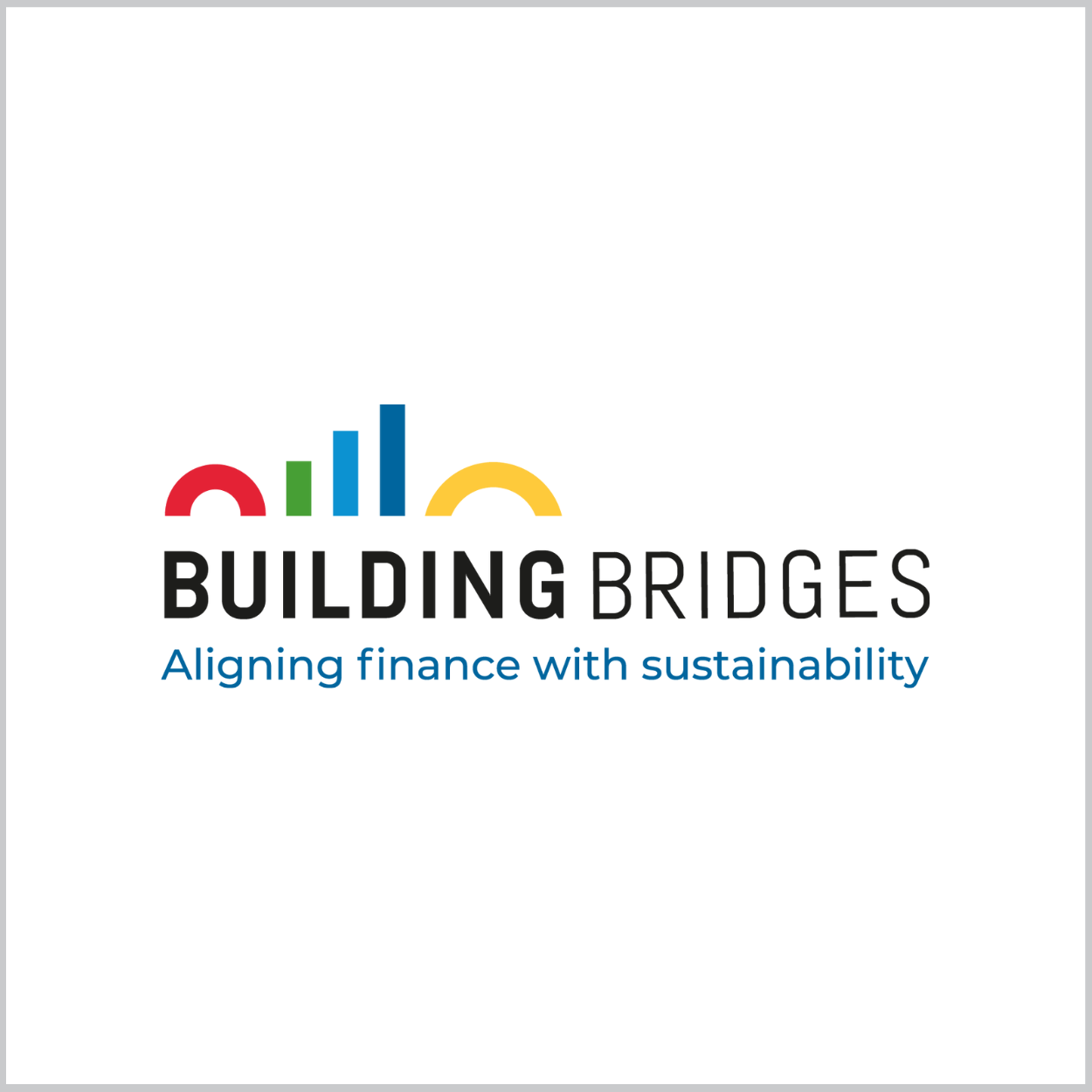Sustainable Finance: From Dialogue to Action
This episode explores the evolution of Building Bridges and Switzerland’s position as a global hub for sustainable finance. Patrick Odier reflects on Building Bridges’ journey and its transformation into a foundation addressing global challenges. Karen Hitschke discusses how the initiative turns dialogue into action through measurable, cross-sector collaboration. August Benz highlights Switzerland’s strengths in innovation, transparency, and governance, and its potential to drive international collaboration in sustainable finance.
“Building Bridges may not create every idea, but it creates the inspiration—and the courage—to turn ideas into action.”
Episode guests
Nature Finance: How Business and Biodiversity Can Thrive Together
With over half of global GDP dependent on nature and up to $10 trillion in projected nature-positive investment opportunities by 2030, financial systems must evolve to fully value natural capital. This episode explores the rise of nature finance and how biodiversity can become central to business and investment.
Mark Halle explains how integrating nature into financial systems unlocks opportunities through the bioeconomy, André Hoffmann highlights the need to embed biodiversity into corporate strategy and accounting, and Xiye Bastida calls for Indigenous-led conservation to be recognised as a strategic asset for climate justice and regeneration.
"We need to identify or invent a new prosperity, which will not just be based on consumption, but on regeneration"
Episode guests
Society in Finance: Bridging Gaps, Shaping Futures
With systemic inequalities mounting and an annual SDG financing shortfall estimated between $2.5 and $4 trillion, how finance responds will shape global futures. This episode examines how financial systems can advance equity and inclusion.
Delilah Rothenberg outlines how investment frameworks can evolve to reduce wealth gaps, James Mwangi shows how financial systems can serve the 1.5 billion unbanked, and Jean Pesme from the World Bank, discusses reforms to align international institutions and capital markets with shared prosperity and the SDGs.
“Financial inclusion is really about access and usage of financial services—because without them, people and businesses cannot build resilience, grow, or fully participate in the economy.”
Episode guests
Transition Finance: Mobilising Capital for Net-Zero
With trillions needed annually to stay on track for net zero, transition finance has become a critical tool . This episode looks at how capital can bridge today’s economy with a low-carbon future.
Adrian Schatzmann sets out the role of stewardship in public markets, Anja Hannerz explains how banks translate transition plans into measurable impact, and Helena Viñes Fiestas highlights how EU taxonomies and regulations are reshaping capital markets and supporting a just transition.
"A green portfolio doesn’t mean a green economy. Transition finance is about impact in the real economy, not just on the stock market"
Episode guests
Impact Investing: Financing the Future
As the global impact investing market surpasses $1.5 trillion in assets, the question is how to scale with integrity . This episode explores how investors across asset classes are embedding impact into decision-making.
Dimple Sahni shares how capital can align with long-term outcomes, Yuko Takano addresses transparency and accountability to avoid greenwashing, and Kostis Tselenis shows how venture capital is scaling mission-driven innovation in climate tech and social enterprise.
“Funding innovative solutions is only the first step. Without scale and broad commercialisation, their effect is zero. That’s why venture capital must go beyond money — opening networks, facilitating partnerships, and preparing companies to truly transform markets”

















